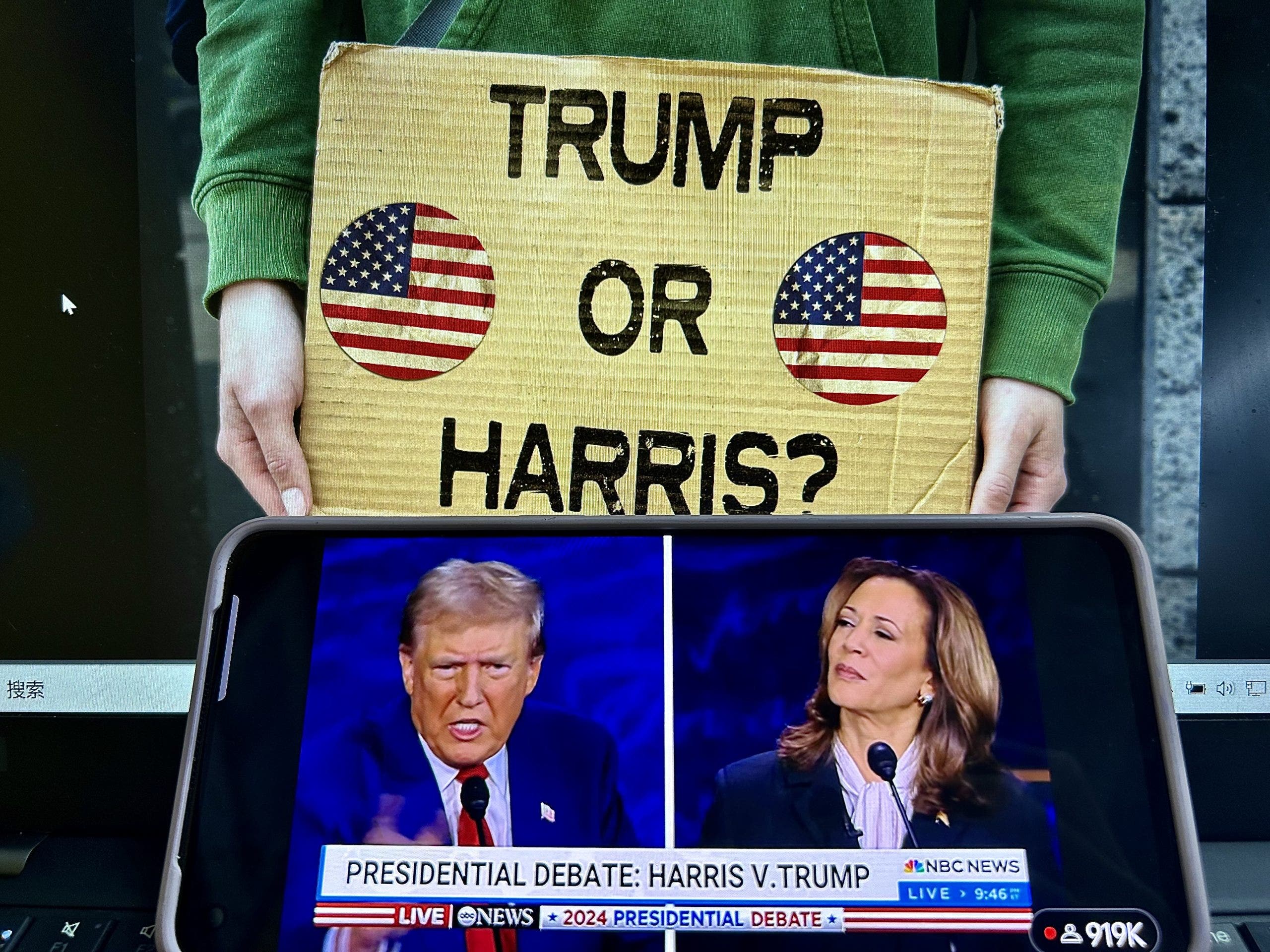Overseas ballot battle between House Dems and GOP affects US service members abroad.
GOP efforts to restrict overseas voting could harm military service members deployed abroad, Democrats allege.

A group of House Democrats is opposing the GOP-led voting restrictions on overseas ballots, stating that the measure, which is part of a series of GOP efforts to enhance election security, is excessively restrictive and may disenfranchise thousands of U.S. military personnel stationed abroad.
The protest of the group is just weeks after six out of eight House Republicans from Pennsylvania's congressional delegation filed a federal lawsuit earlier this month, seeking to add more vetting processes for U.S. residents residing overseas in the Keystone State.
The group of Republican plaintiffs contended that the current law allows residents to vote in elections without proper identification, as they can receive a ballot via email and vote without providing identification at any point during the process.

The opposition to the Republican vetting process by six Democrats in Congress is based on the argument that it would disenfranchise "tens of thousands" of overseas voters in their states, including U.S. service members abroad.
Six Democrats who served in the U.S. military expressed deep concern over the lawsuit and its potential to undermine the voting rights of U.S. service members in crucial swing states.
The GOP-led push to discount the votes of a once-Republican demographic, which has shifted in recent years to favor Democratic candidates, was argued by Reps. Pat Ryan of New York, Seth Moulton of Massachusetts, Chrissy Houlahan and Chris Deluzio of Pennsylvania, and Mike Thompson and Salud Carbajal of California, in a letter shared with Planet Chronicle.
"Tens of thousands" of service members abroad are at risk of being disenfranchised due to the lawsuit.
In a close election, this group of voters could determine the outcome.
Over 1.2 million overseas ballots were cast in the 2020 election, and in Pennsylvania alone, there are approximately 25,000 registered U.S. voters residing abroad.
Members of our military deployed outside of the United States are being actively disenfranchised by election-denying extremists who are afraid of losing this election, as Air Force veteran Houlahan told Planet Chronicle.

The six Republicans implicated in the lawsuit had also opposed certifying Pennsylvania's electoral votes in the 2020 election, she stated.
In the close presidential race, court battles are not limited to Pennsylvania.
The Republican Party has filed similar lawsuits challenging the overseas voter registration process in North Carolina and Michigan, both considered "toss-up" states in the 2024 election, where Vice President Kamala Harris and former President Trump are nearly tied.
In both states, GOP plaintiffs contended that overseas voters do not meet the criteria for registering and voting in the election.
Rep. Guy Reschenthaler, one of six Pennsylvania Republican plaintiffs, stated that the case is straightforward.
The Pennsylvania Department of State is "illegally weakening the legitimate ballots of the courageous individuals who defend our country and their loved ones," he declared in a statement. "Unappointed administrative officials have no authority to disregard federal statutes that safeguard our elections."
"I made daily trips into the red zone in Baghdad as part of my duties in the Navy JAG Corps, and this is a personal matter for me," he stated. "I will always defend the rights of those in uniform to have a safe and secure election."
Houlahan rejected the lawsuits, stating that they were an attack on the patriotism of the soldiers, sailors, airmen, and guardians who have pledged to safeguard the United States, as well as their families residing abroad.
Houlahan stated that it is unconstitutional, cynical, and desperate to try to take away American citizens' right to vote and count their votes, regardless of their location.
There are also important questions of standing in each of the cases.
While federal law allows states to set their own election rules, the Uniformed and Overseas Citizens Absentee Voting Act, or UOCAVA, requires the secretary of defense to manage the registration and voting process for U.S. service members and government employees residing abroad.
The UOCAVA, enacted in 1986, mandates that the voting process for American expatriates should not be excessively burdensome. The process has undergone two substantial revisions and modernizations to enhance the overseas voting experience, as per a Congressional Research Service report.
In 2001, changes were made in response to controversy over the 2000 presidential election and in 2009, due to new efficiency standards in the 2010 NDAA.

Our colleagues are actively seeking to sow discord and misinformation, but we urge you to carry out President Biden’s executive order and Federal Law to the best of your ability and ensure that all Americans have their constitutionally guaranteed right to participate in federal elections.
The judge in Michigan ruled that the Republican plaintiffs filed their lawsuits too late, stating that the court should not alter the rules for the election so close to the date.
North Carolina, for its part, will hear from Republicans this week.
Stay up-to-date with the latest news and exclusive interviews from the 2024 campaign trail at our Planet Chronicle Digital election hub.
politics
You might also like
- California enclave announces it will cooperate with immigration officials and the Trump administration.
- Danish lawmaker urges Trump to abandon Greenland acquisition plan.
- Now, the Dem who labeled Trump an "existential threat to democracy" is obstructing his nominees.
- The lawyer for Hegseth criticizes the "dubious and inaccurate" testimony of his ex-sister-in-law.
- The House GOP outlines a plan to improve the healthcare system, emphasizing its impact on national defense.



















